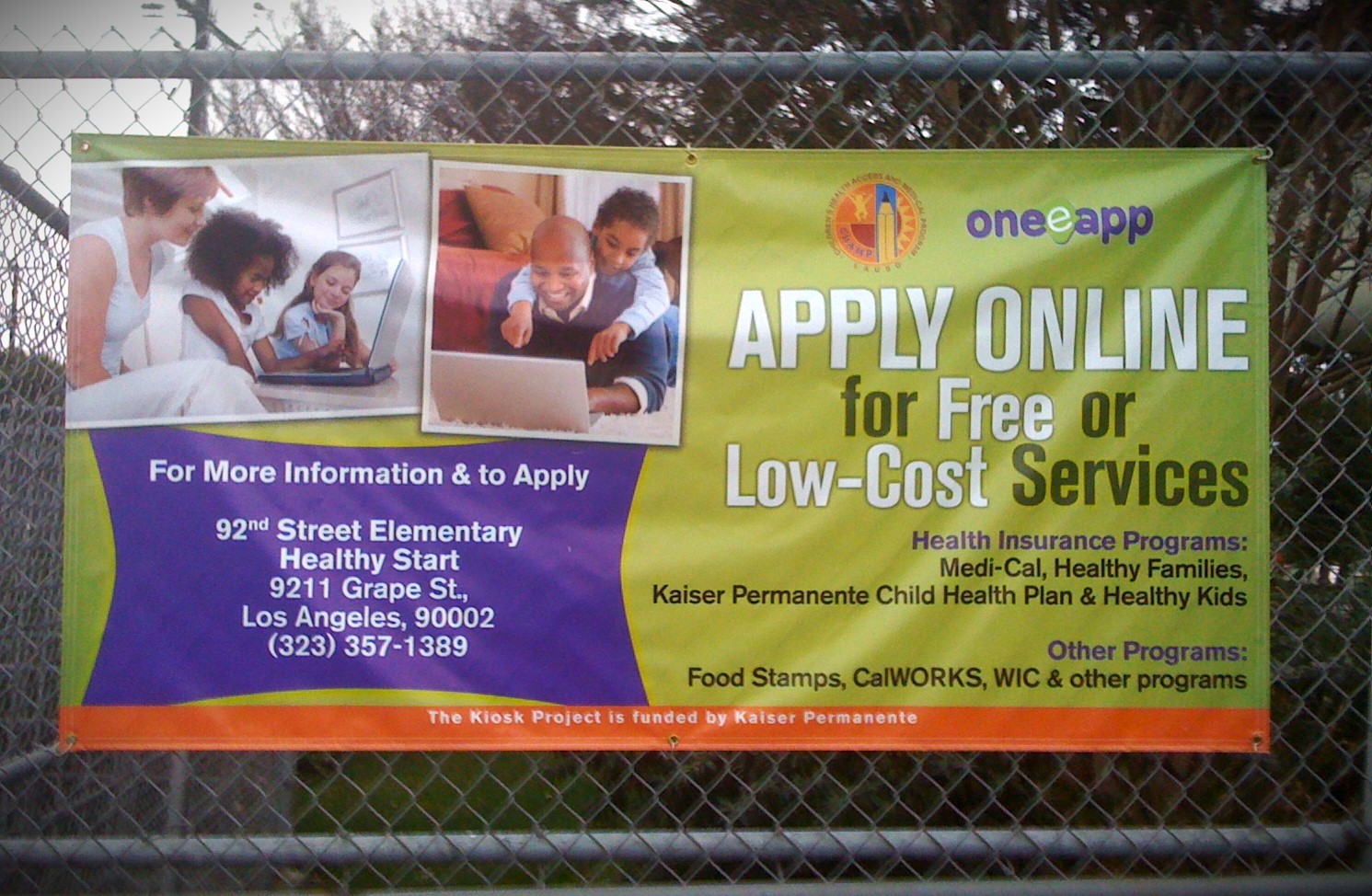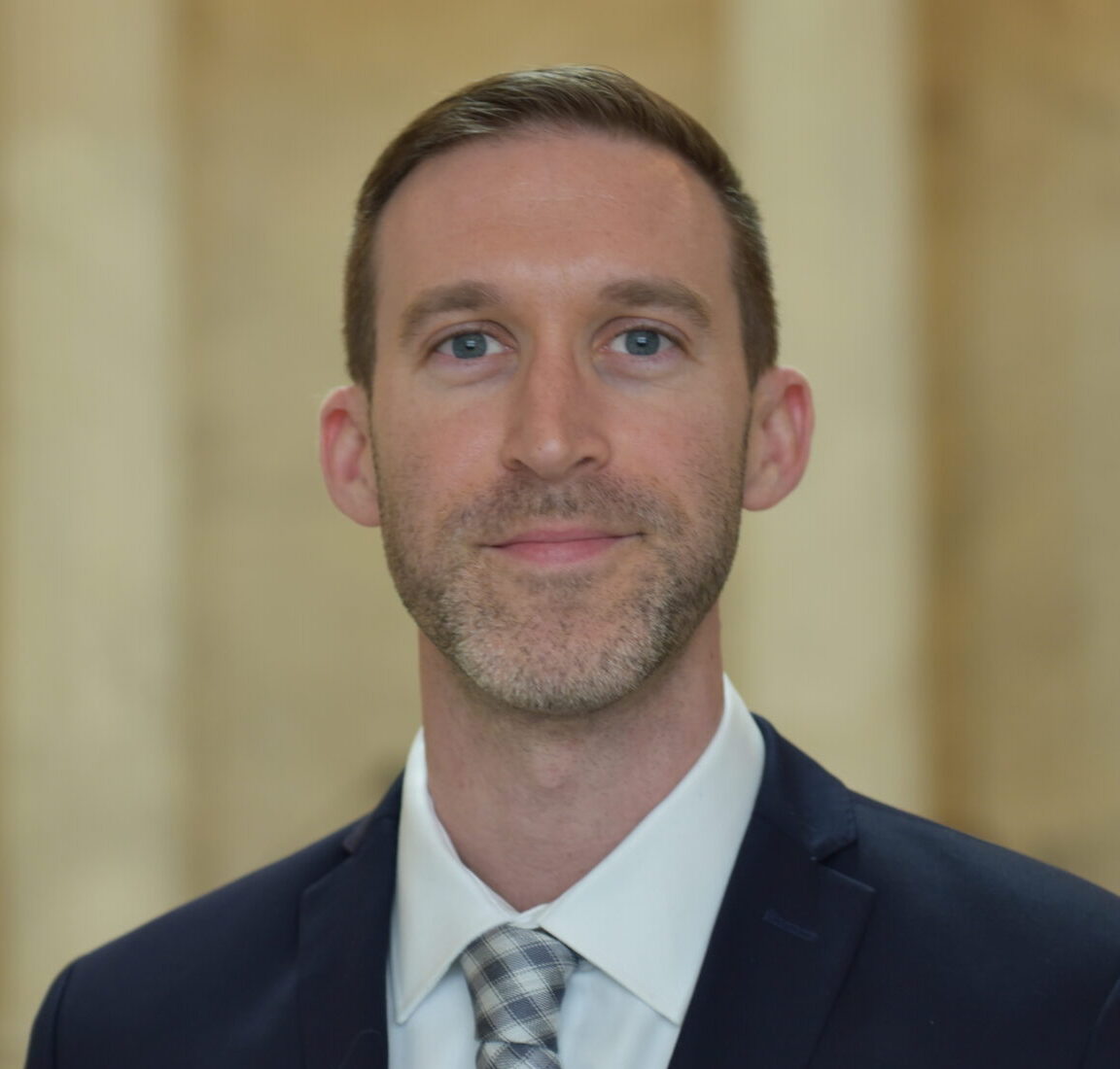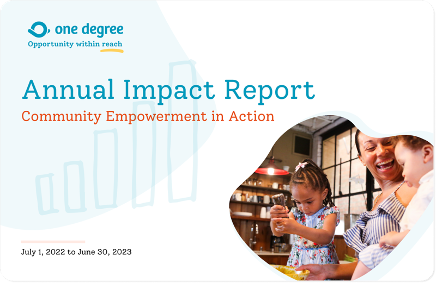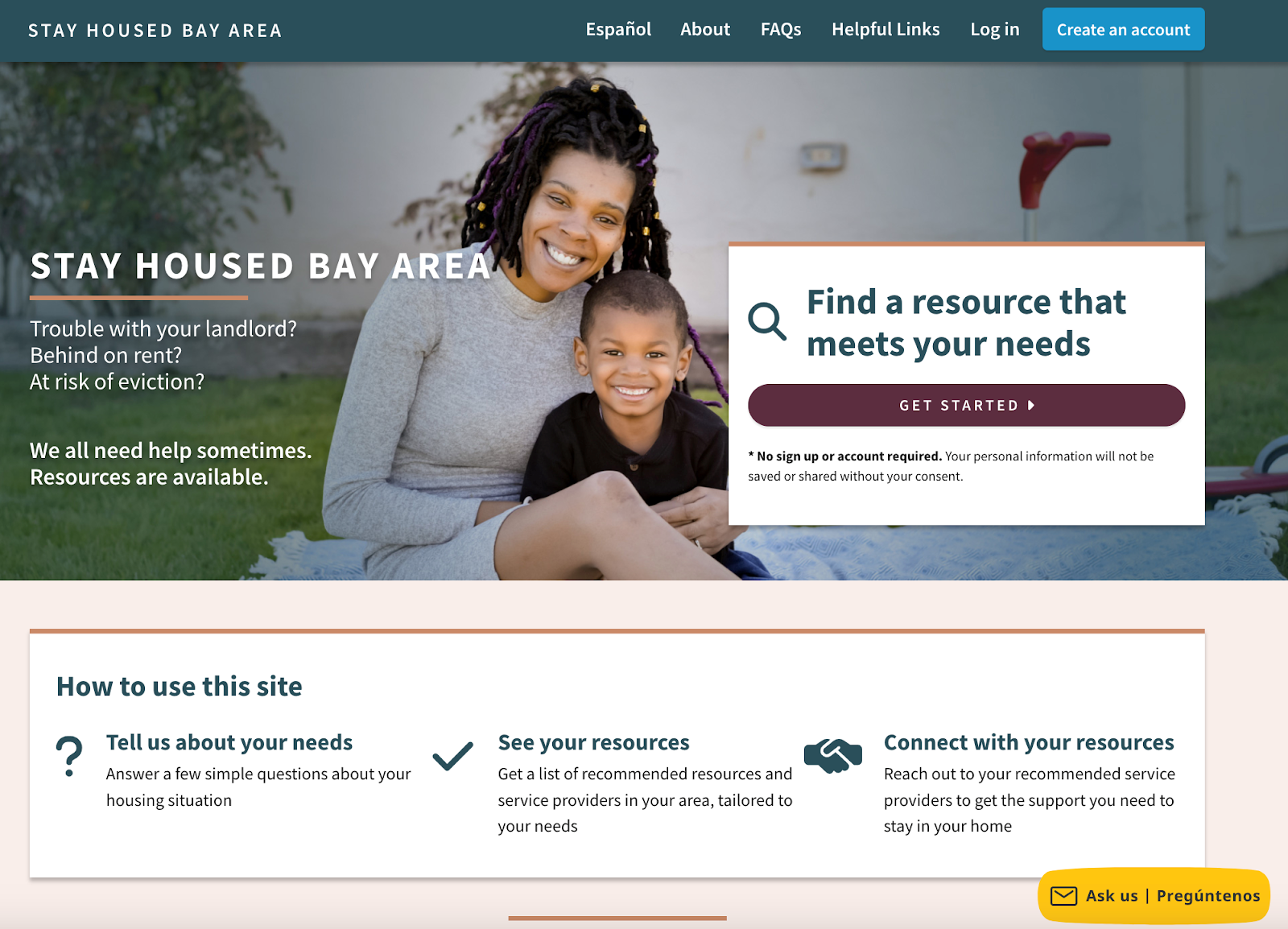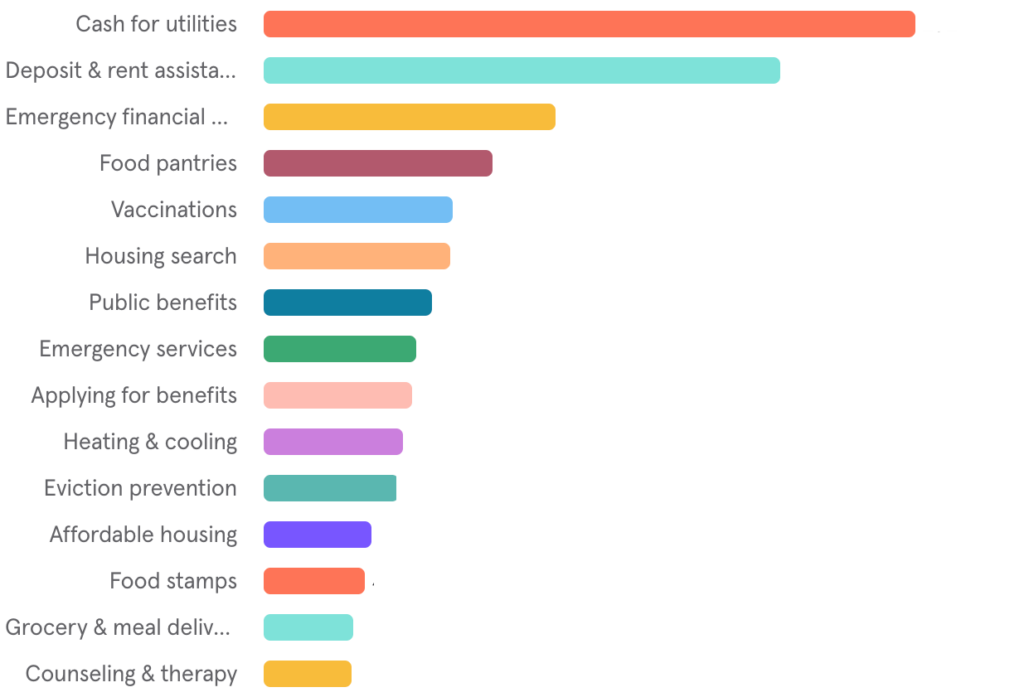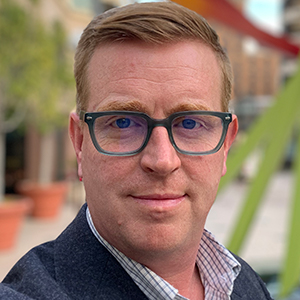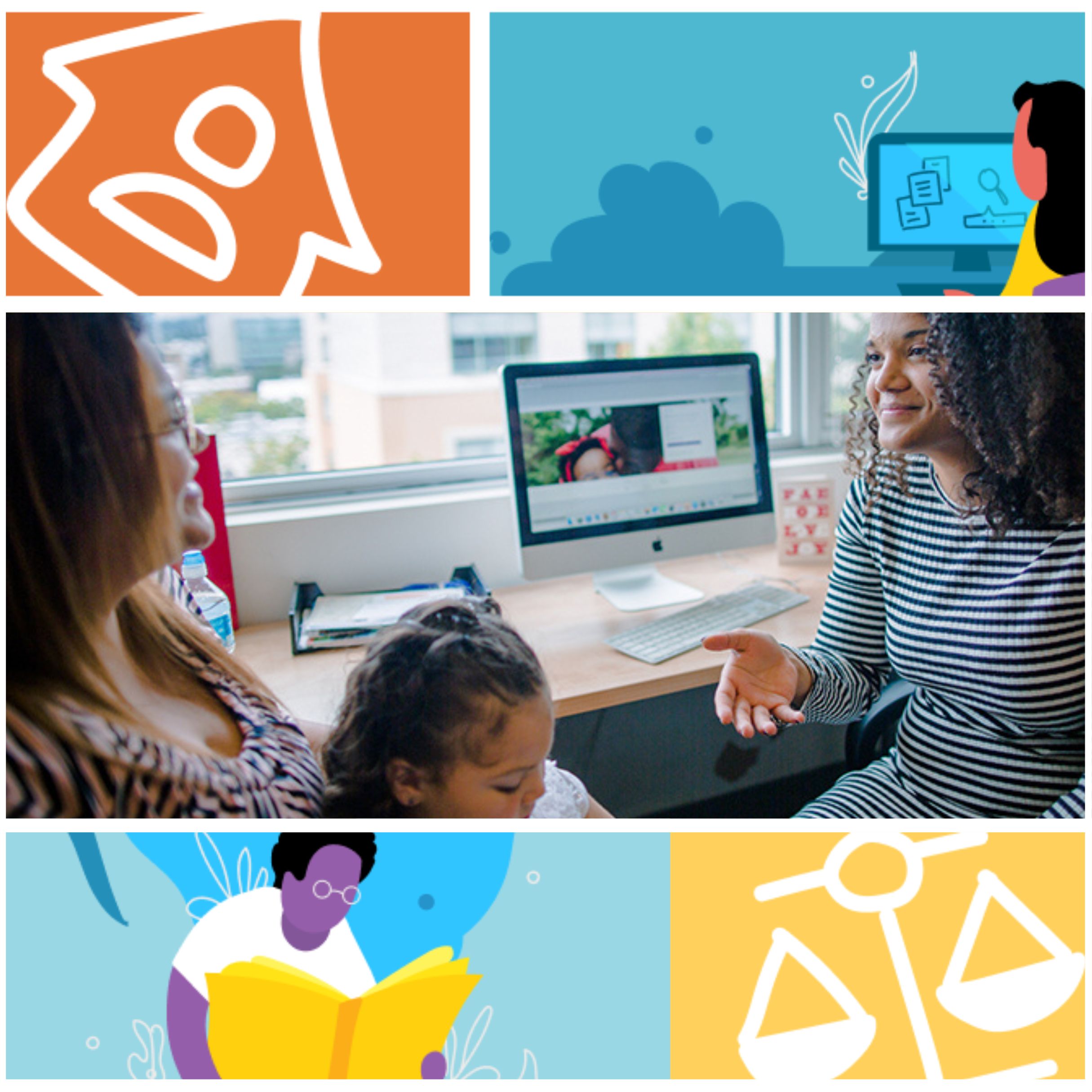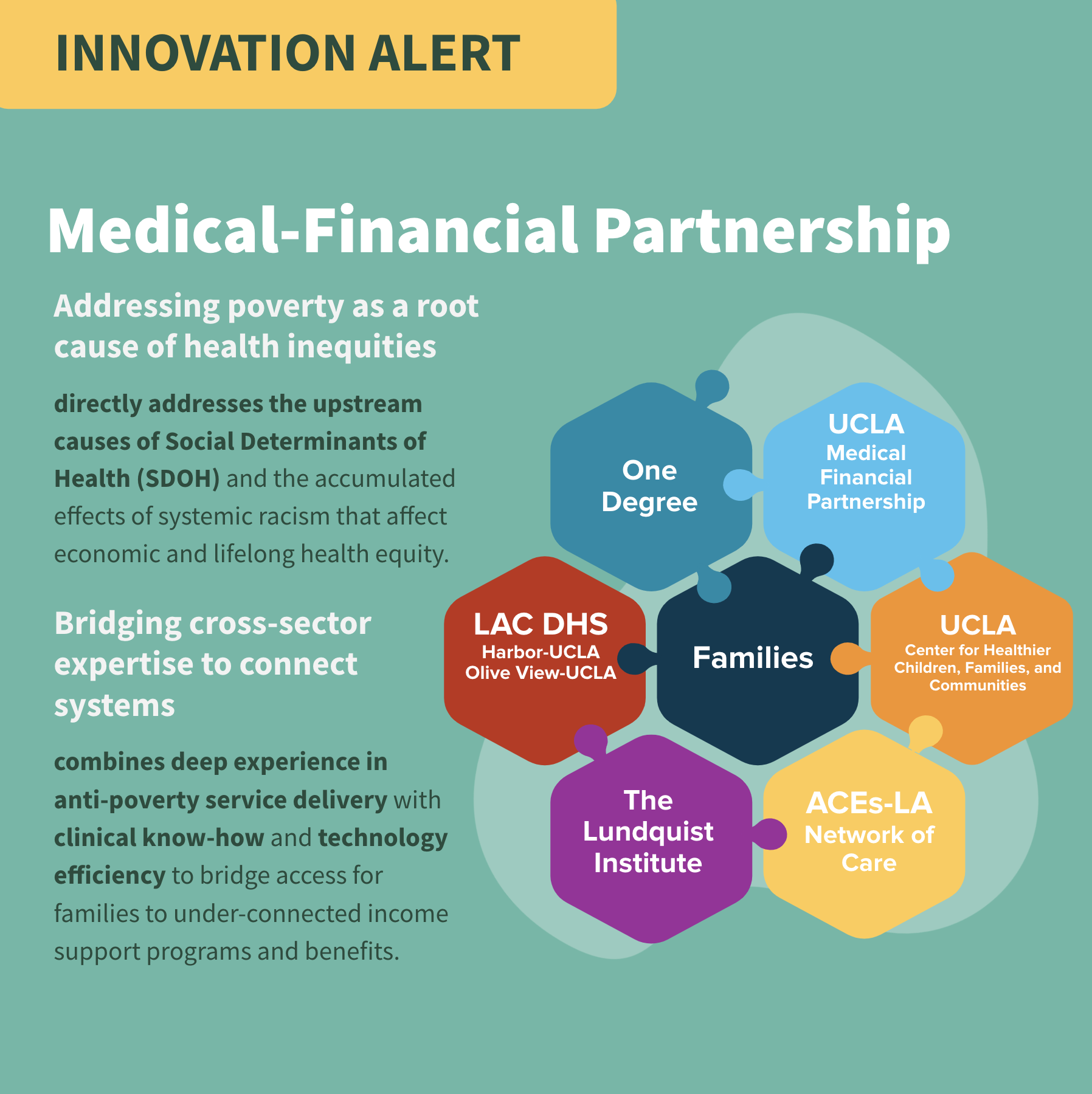Understanding CalAIM’s $1.85 Billion Closed-Loop Referral Problem
The average Californian would have no reason to know the details of the State’s five-year, $1.85 billion effort to transform Medi-Cal. However, the government’s investment, aimed at improving outcomes for millions of Californians, lays the groundwork for a sweeping reimagining of California healthcare—particularly by fostering collaboration across healthcare and social services. The initiative, known as CalAIM (California Advancing and Innovating Medi-Cal) and led by the Department of Health Care Services (DHCS), is a development every Californian should be aware of.
The vision is ambitious. CalAIM has the potential to save Medi-Cal billions of dollars by improving California’s healthcare delivery system to ensure that Medi-Cal members receive both the medical and social services they need to stay healthy. But while the vision is bold, and the goal virtuous, it will require DHCS to rethink its technology strategy to make CalAIM work effectively.
The Problem
To be successful, DHCS needs a digital bridge—or digital infrastructure—that connects providers in healthcare to providers in the social sector. This bridge aims to close the communications, data, and billing gaps that currently separate these two sectors, enabling more effective coordination and delivery of diverse medical and social care services for Medi-Cal members. It is increasingly understood that as much as 80% of what influences an individual’s health is determined by social factors, so cross-sector care coordination is a compelling and practical idea.
The unanswered question is “how”—how should DHCS invest CalAIM dollars to reform the digital infrastructure needed to carry this out? And this is where things get complicated.
At the highest level, DHCS is trying to create a better way for medical providers working with Medi-Cal members to coordinate care with a growing cohort of social service providers. Since care coordination relationships and systems are scant across the state, DHCS has put together a $1.85 billion package of CalAIM incentives and requirements to generate new approaches and, ideally, outcomes. Many of these changes are codified in the contracts being signed between DHCS and the managed care plans (MCPs) selected to serve Medi-Cal members across the State. The details of these contracts are extensive and get complicated quickly, but there are three important elements of the CalAIM plan driving technological change:
- MCPs are required by DHCS to provide Enhanced Care Management (ECM) for high-need patients and are generally required to provide ECM services through community-based organizations.
- MCPs can, and are now encouraged, to contract with local social service providers to deliver certain authorized Community Supports, like Housing Navigation, Medically Tailored Meals, and Respite Care, for their Medi-Cal members.
- MCPs are responsible not only for coordinating and referring ECM-eligible Members to community resources but also for following up to ensure services were rendered, a process known as “Closed-Loop Referrals” or “CLR.”
These changes seem straightforward and uncontroversial on paper but, in the real world, they are making it more complicated for social sector organizations to collaborate with healthcare—not less.
Let’s consider a real-life example.
In San Francisco, the San Francisco Health Plan (SFHP) is the dominant Medi-Cal MCP, serving about 175,000 Medi-Cal members. In March 2024, SFHP released a Request for Proposal (RFP) inviting bids for the following service:
“SFHP is seeking a web-based SaaS (Software as a Service) Closed-Loop Referral System (CLRS) that incorporates current Industry Standard tools and technology, adaptability and scalability to accommodate current trends, technological advances, and regulatory requirements.”
Although SFHP has already been contracting with dozens of local ECM and Community Support Providers for the past year, the RFP is the final step in fulfilling CalAIM’s Closed-Loop Referral requirement. To do so, SFHP needs technology to serve as a digital bridge between their existing healthcare provider network and newly engaged social care providers. For example, if a physician refers a patient to a transitional housing organization, the referral will be recorded, received, and tracked digitally to “ensure the service was rendered,” aka a “Closed-Loop Referral.”
While DHCS’s CalAIM requirements don’t mandate that SFHP purchase a CLRS, they do require SFHP to have Management Information Systems in place to report these referrals quarterly. Therefore, like most MCPs across California, SFHP is shopping for a reliable CLR platform.
But SFHP is not alone. Also serving Medi-Cal members in San Francisco—and subject to the same Closed-Loop Referral requirements—are Kaiser Permanente and Anthem Blue Cross. In one city and at the same time, three health plans are preparing to scale collaboration networks with local social services providers—the same community of social services providers—but, sticking with the analogy, building their own private bridges to do it. Instead of constructing a single shared bridge to connect healthcare to the social sector, San Francisco will soon have three.
The question is, who cares?
Unsurprisingly, the MCPs are not overly concerned about having their own bridge. Once a CLR system is established, they will have honored their contract with DHCS, State money will have paid for it, and they won’t have to share their bridge with anybody else.
DHCS does not yet seem to be very worried either. Yes, they may end up absorbing the cost of subsidizing more bridges than San Francisco needs, but they avoid a potential fight among the MCPs over which systems to use and what data to share and, ultimately, get exactly what they asked for in their contracts.
And, of course, the two biggest commercial providers of Closed-Loop Referral Systems, Unite Us and FindHelp, have no reason to complain. In fact, it is a financial windfall that DHCS’s CLR guidance can be interpreted to suggest that each Medi-Cal MCP in California will need a bridge of its own, whether it will be well-utilized or not.
So, who does care?
Let’s start with the social service providers who, like their healthcare counterparts, deliver services to vulnerable populations but will never get a private bridge. Instead, they will inherit the considerable burden of caring for and tracking clients across the tangle of commercial bridges the MCPs will have erected with CalAIM funds.
Here’s what this burden can look like in real life:
Martina works for a social services agency and recognizes that a client might be eligible for Medi-Cal’s Enhanced Care Management services. Because her agency sees a lot of Medi-Cal members and is trying to do right by their clients, they have a contract with all three MCPs serving the community locally.
Now, if Martina is lucky, her client knows which Medi-Cal plan they are on. But if not, she will have to guess which system to log into first to find the patient’s ECM approval status. Fortunately, Martina keeps a sticky note of phone numbers on her monitor, so she can quickly call each plan until she can confirm which one the client is on and if they’ve already been approved for ECM services. If they’ve been approved, good news because Martina doesn’t have to fill out the PDF enrollment form. Still, once Martina logs in, the administrative haze continues—she may or may not need to conduct a formal Social Determinants of Health (SDOH) screening, which will be different on each platform, and search through a directory of local social services, which will also vary from platform to platform.
Despite all of this, Martina will finally carry out her most important task—identifying the specific organizations that have been authorized by the client’s MCP to provide Community Supports like Housing Navigation. Once Martina has done this, the client can complete a consent form allowing Martina to initiate the referral process.
Now, both Martina and the client wait. The Housing Navigation provider, who may also be juggling three incompatible CLR platforms, has to accept the referral and, later, remember which system to use to “close” the referral once services have been rendered. Maybe both Martina’s agency and the Housing Navigation provider use a separate client management system (CMS) to track which client is associated with each MCP’s system, but from the outset, the competing CLR technologies have made care coordination unnecessarily time-consuming and complex.
If we imagine this inefficient process unfolding every day across thousands of community-based social services organizations in California, it becomes clear why there is growing discontent in the field and why the adoption and engagement of these new CLR systems has been problematic.
DHCS is in a difficult spot: the fragmentation of multiple incompatible CLR systems across the health and social care sectors isn’t helping them achieve CalAIM’s goals, but what can they do? From a policy perspective, solutions are typically framed as a choice between:
- Government intervention: Bring the problem in-house and try to build a single statewide governmental system.
- Free-market competition: Let the market decide.
Right now, the de facto situation is that DHCS is betting the future of CalAIM on option two. Problematically, this option, free-market competition, is poised to produce either a protracted and painful stalemate, where social services providers struggle with or fail to adopt incompatible commercial referral systems, or, perhaps worse, a dominant commercial vendor with an unregulated statewide monopoly. If DHCS was hoping to foster a vibrant ecosystem of competing CLR systems, it is becoming evident why this outcome is so unlikely.
While California could still bring the problem in-house and build a statewide closed-loop referral system, similar to the path being pursued in states like New Mexico, this approach presents other challenges. These include the loss of local participation, DHCS’s limited access to technology talent, and the risk of political blowback due to perceived government overreach. Despite the potential merits of a single state-run system, the efficacy of big government technology solutions remains a contentious subject—particularly in California.
Fortunately, there is another way:
- Open infrastructure & standards: In partnership with local communities, build an open, standards-based referral network that can be shared by the MCPs and their network of social service providers.
The operating principle here is that if DHCS is using CalAIM funding to build infrastructure, they shouldn’t be underwriting private, proprietary solutions. They should be investing in standardized, interoperable, and high-quality systems that—like bridges—operate as public infrastructure open to all. San Francisco does not need three private Golden Gate Bridges competing for traffic, any more than we need three CLR systems competing for market share at the expense of social services providers and Medi-Cal enrollees. What the city does need is shared digital infrastructure that all the MCPs, along with every other interested stakeholder, can use to bridge the gap between healthcare and the social sector.
It is time for new ideas, and this is why we’re excited about the partnerships we have developed with our local United Ways, 211s, and Health Information Organizations. We’re excited about joining forces with local organizations that have been doing this work for decades to respond to new innovations, like San Francisco Health Plan’s RFP for a Closed-Loop Referral Service. We aren’t just critics of the status quo; rather, we hope to create new possibilities through government-community partnerships. An open, non-commercial, and stakeholder-developed infrastructure to support closed-loop referrals can unite our community, not silo it by vendor, and make care coordination work for all.





